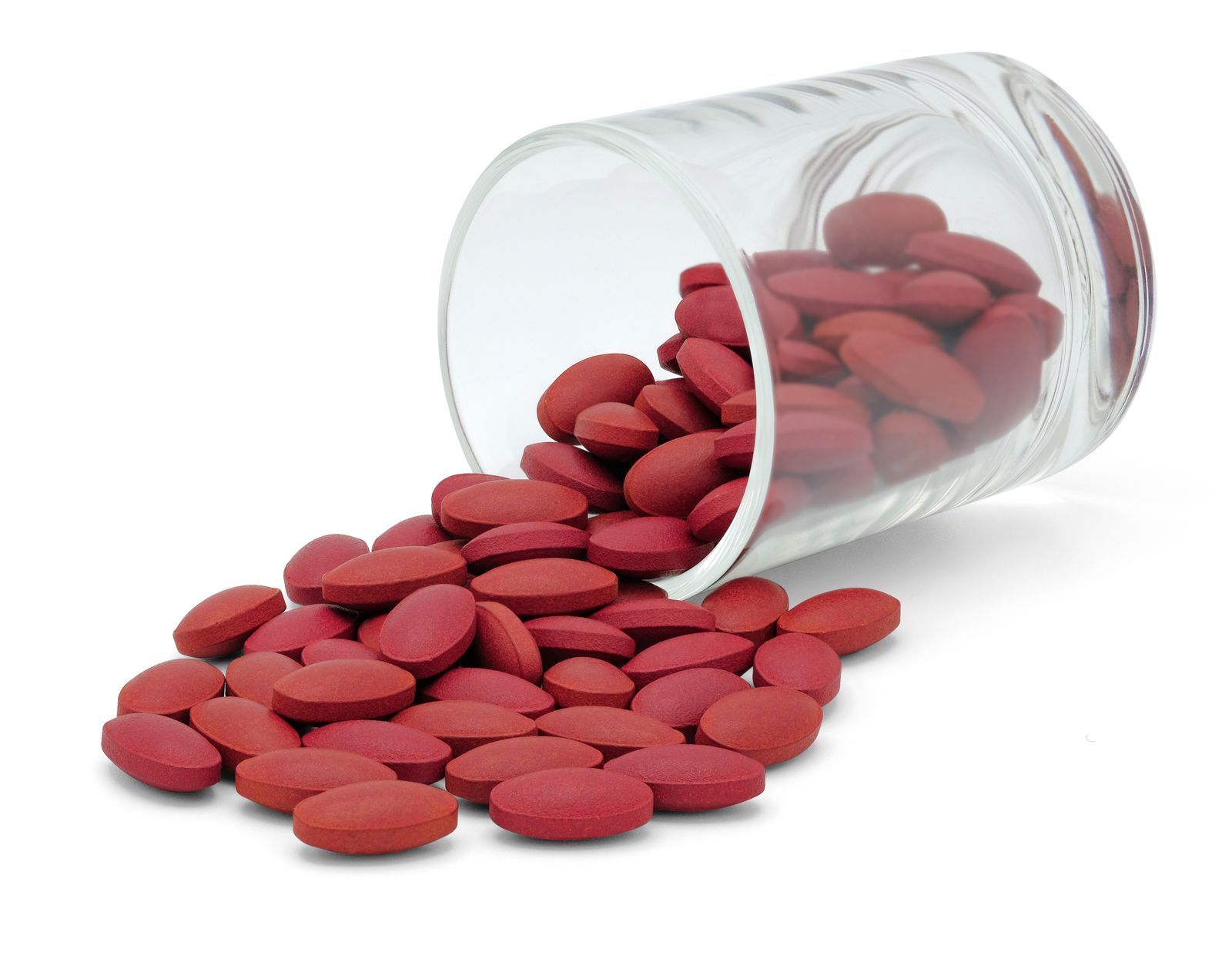Indications for Treatment with Iptacopan
Patients fulfilling an of the following criteria:
- Haemolytic (LDH >1.5x ULN) symptomatic PNH with either of the following:
- With anaemia (Hb <9 g/L)
- OR
- With agreement from Joint Service colleagues at MDT
Iptacopan is an oral factor B inhibitor, resulting in PNH disease control and reduced symptoms.
NB: Current indications (NICE), patients with thrombosis related to PNH without haemolysis are not eligible for Iptacopan.
Not suitable for pregnant patients please contact PNH team if patient pregnant.

Risks
Meningococcal/Pneumococcal/Haemophilus Infection:
Due to its mechanism of action, the use of Iptacopan increases the patient’s susceptibility to Meningococcal infection, Pneumococcal infection and Haemophilus influenzae type B infection.
Patients should be vaccinated with Meningococcal ACWY vaccine (Menveo/Nimerix) on day commencing Iptacopan. Patient switching to Iptacopan do not need all of the vaccines – the SOP is for naïve patients.
Further vaccination for Meningococcal B infection, Pneumococcal infection and Haemophilus influenzae type B infection should be administered as below:
- 2 weeks post commencement: Bexsero (serogroup B) vaccine.(Paracetamol is recommended x3 doses around administration of Bexsero vaccination with 1 dose pre medication and 2 to follow (4 hourly). Preferably with local haematology unit or LTHT
- 4 weeks post commencement: Prevenar (for Pneumococcal infection) and Mentorix (Haemophilus influenza type B infection)
- 8 weeks post commencement: bexsero (serogroup B) vaccine.(Paracetamol is recommended x3 doses around administration of Bexsero vaccination with 1 dose pre medication and 2 to follow (4 hourly)).
- Patients must be re-vaccinated according to current medical guidelines for vaccination use. PNH team will monitor Meningococcal titres level for Meningococcal ACWY and arrange revaccination when required.
If patient shows any signs of meningitis the PNH team should be contacted immediately:
- 0113 2068625 or
- Out of hours: 07920535918
Administration of Iptacopan:
- Prophylactic ciprofloxacin 500mg PO twice daily for first 14 days of Iptacopan
- Followed by Penicillin V 500mg PO twice daily
Note: Patients who are allergic to penicillin should receive erythromycin 500mg PO twice daily.
- A throat swab is requested to rule out if the patient is a carrier of the meningococcal bacteria at commencement.
- All patients are given rescue antibiotics – ciprofloxacin 500mg x10 doses PO. To be taken if instructed in the case of being unwell.
Side Effects
The most common adverse drug reactions are abdominal pain, diarrhoea and headache.
The most serious adverse reactions is risk of meningococcal infection and meningococcal sepsis.
Dosage
The dosing regimen consists of:
Oral Iptacopan 200mg twice/day (bd) continuously can be taken with or without food.
Iptacopan is a gel capsule
If patient misses a dose please contact PNH team as soon as possible for advice on Tel 0113 2068625 Out of hours 07920 535918
Please note potential drug interaction with Iptacopan;
1: Strong inducers of CYP2C8, UGT1A1, PgP, BCRP and OATP1B1/3 such as rifampicin.
2: CYP2C8 inhibitors – When Iptacopan is co-administered with Clopidogrel (a moderate CYP2C8 inhibitor), the Iptacopan Cmax and the AUC increased by 5% and 36%, respectively.
3: OATP1B1/OATP1B3 inhibitors – When Iptacopan is co-administered with ciclosporin (a strong OATP 1B1/1B3 inhibitor, and a PgP and BCRP inhibitor), the Iptacopan Cmax and AUC increased by 41% and 50%, respectively.
4: PgP substrates – In the presence of Iptacopan, the Cmax of digoxin (a PgP substrate) increased by 8% while its AUC was unchanged.
5: OATP substrates – In the presence of Iptacopan, the Cmax and AUC of rosuvastatin (an OATP substrate) remained unchanged.

Storage
Store in a room temperature.
Do not freeze.
Store in original package to protect from light.
If there is any doubt that the drug has been stored incorrectly contact the referring centre immediately.
Review
All patients with PNH on Iptacopan will need clinical review at least 3 monthly at St James Hospital of the PNH clinics throughout the country. Initially at 6 weeks post commencement of medication.
Bloods at review
In addition to standard PNH bloods: cholesterol and lipids preferable fasting (full screen) and urine protein.
Please contact PNH team with any queries
Tel 0113 2068625 Out of hours 07920 535918
Email: pnh.leeds@nhs.net
